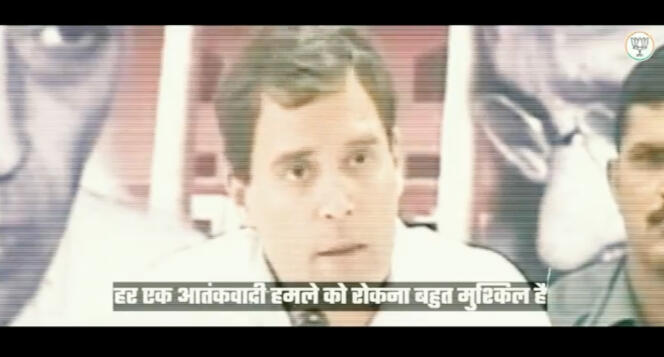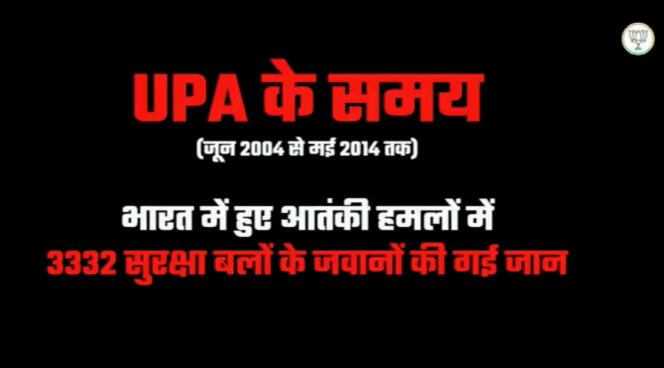
It only took a few hours after Hamas’s attack on Israel on October 7 for Hindu nationalists to begin to exploit the conflict for their own benefit. “What Israel is suffering today, India suffered between 2004 and 2014. Never forgive, never forget”, can we read in a message posted on X (formerly Twitter) of the Bharatiya Janata Party (BJP), the party of Prime Minister Narendra Modi, accompanied by a shocking video including images of the Bombay attacks in which more than 160 people were killed in 2008. A way for the BJP to establish a link with the terrorist attacks perpetrated on Indian soil between 2004 and 2014, when the Indian National Congress, now in opposition, ruled the country.
Narendra Modi was also one of the first world leaders to respond. The Hindu nationalist condemned the “terrorist attacks” and assured that India was “in solidarity with Israel at this difficult time”. His firm message, similar to those of many Westerners, nevertheless marks a break with India’s historical position, in favor of a two-state solution for Israel and Palestine.
The speed of its reaction also reflects the evolution of relations between New Delhi and Tel Aviv since the Hindu nationalists came to power in 2014. In the 1970s, India was the first non-Arab country to recognize the Palestine Liberation Organization (PLO) as the legitimate representative of Palestine, although it only established diplomatic relations with Israel in 1992.
Ideological proximity
Narendra Modi was thus the first Indian head of government to visit Israel in 2017. The Hindu nationalist leader and the Israeli Prime Minister, Benjamin Netanyahu, do not hide their ideological proximity. For the BJP and its supporters, who want to make secular and multicultural India a Hindu nation, Israel represents a model of a religious nationalist state. If the ideologues of the Indian nationalist right glorified Hitler, his supporters are no less fascinated by Israel’s security doctrine.
It took several days for New Delhi to finally qualify its initial position, discreetly, through its Ministry of Foreign Affairs, by reminding Israel “the universal obligation to observe international humanitarian law” and reiterating its position on the Palestinian question. “At first, the Indian position, usually more balanced, was exclusively in support of Israel and this opened the floodgates for a surge in the ecosystem of pro-BJP media and social networks”underlines Nicolas Blarel, professor at the University of Leiden in the Netherlands and author of a work on the evolution of India’s Israeli policy.
You have 55% of this article left to read. The rest is reserved for subscribers.
